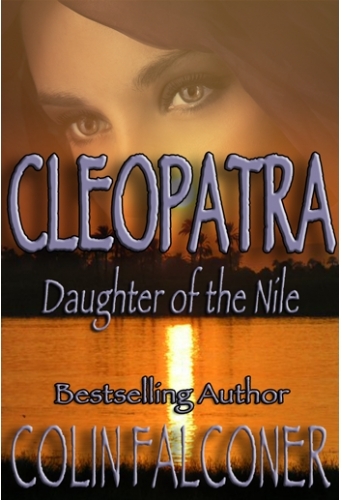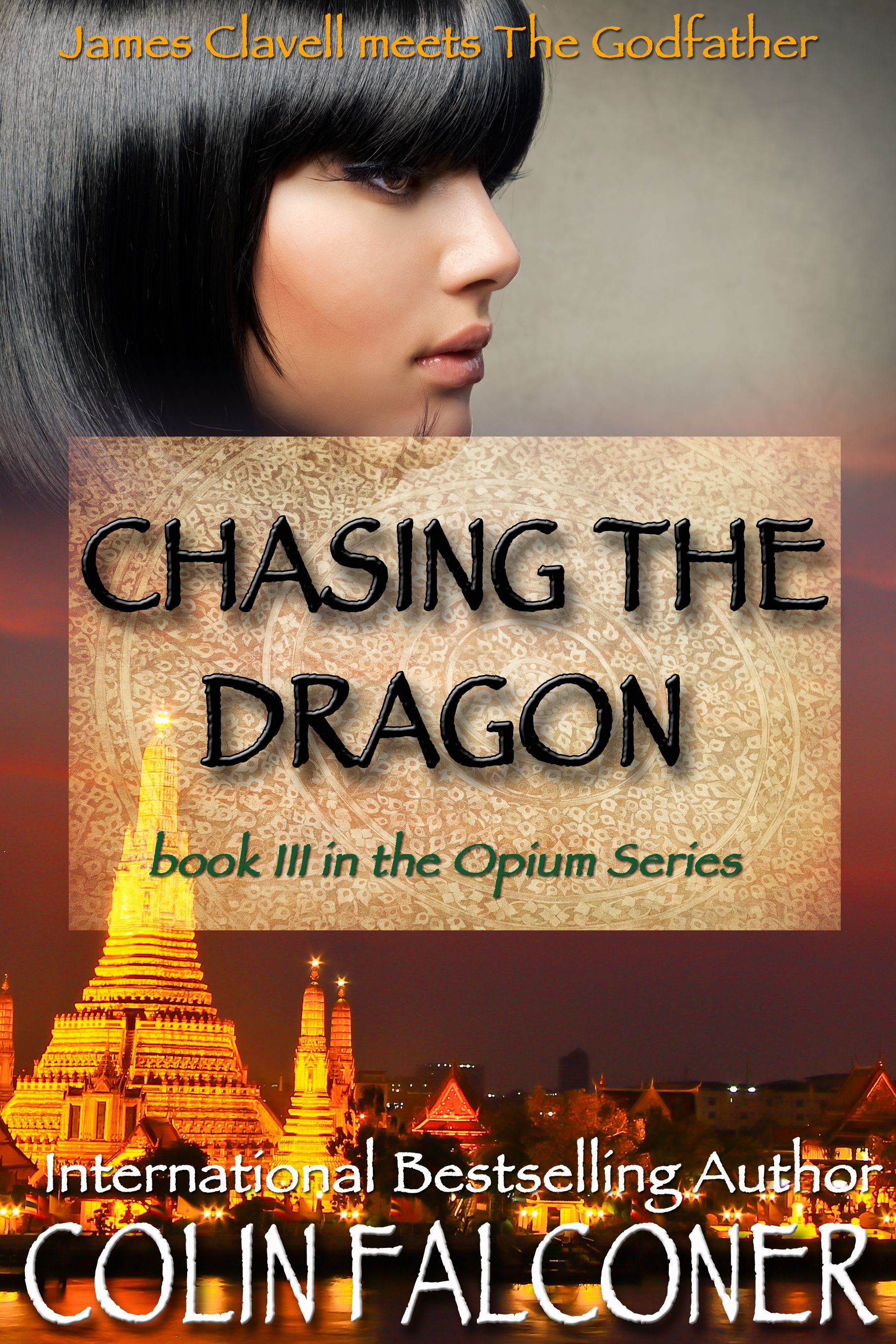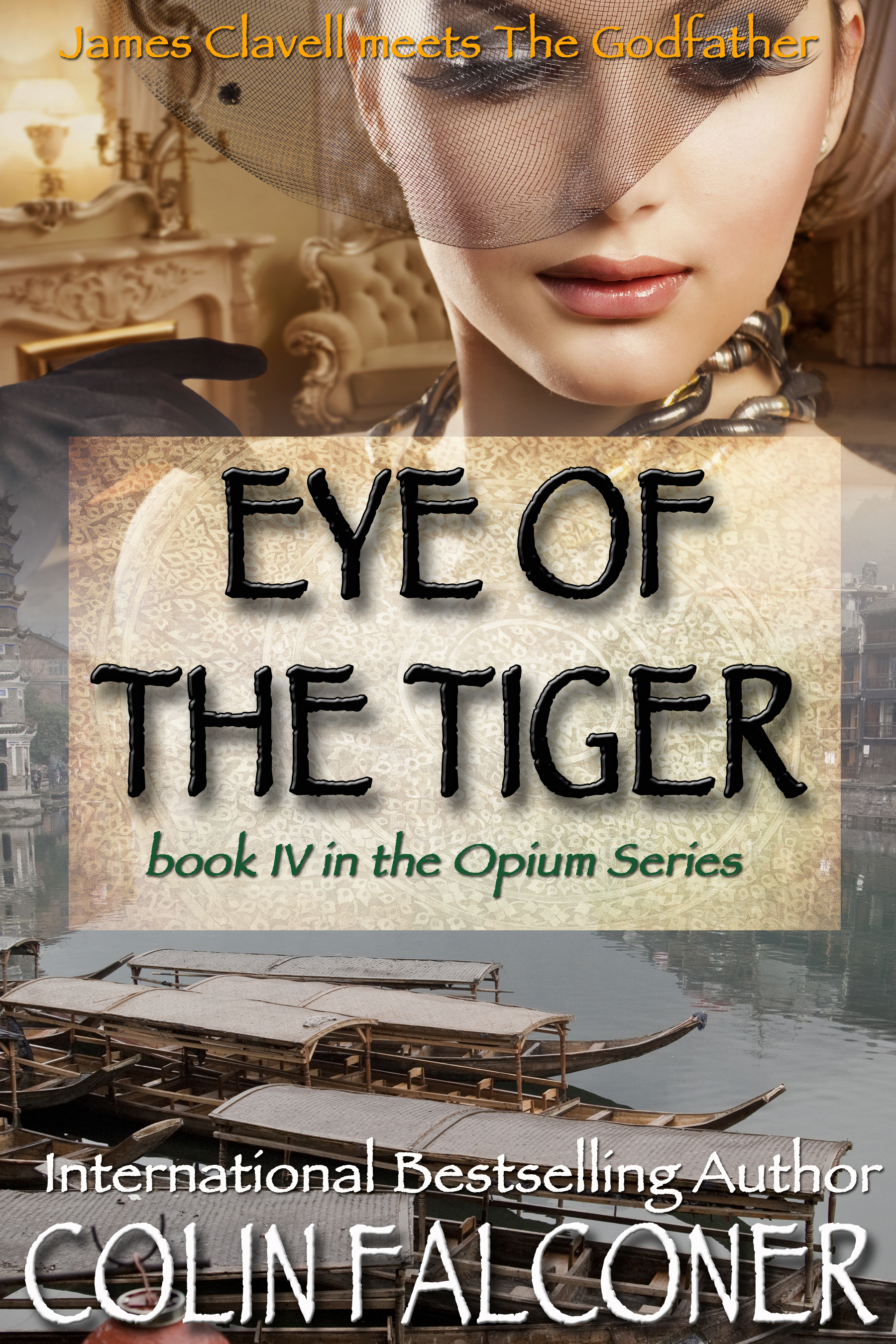If you ask most men if they’d like to live another twenty years most would say yes.
Or would they?
In a recent edition of Current Biology, a study of 81 court eunuchs from Korea’s Chosun Dynasty between 1392 and 1910 found that they lived on average 23 years longer than men who had all their bits. The eunuchs lived to an average age of 70 years; while the kings who employed them loved for a median of only 47 years.
Researchers tried to ascertain why this should be so; they ruled out the privileged lifestyle at court. Most of the eunuchs actually lived outside the palace and only spent time there when on duty, serving as guards and servants for the royal harem.
They concluded that it must be that testosterone thing again.
Apparently this mouthy and in your face little chemical weakens the immune system and increases the likelihood of heart disease. It also makes you drive faster and get in bar fights and adds to a man’s propensity to go out with bad blondes - and once you start doing that boy, you better make sure your will’s in order.
But before you go rushing out looking for a couple of bricks, best consider the consequences of this kind of longevity. I wrote at some length about eunuchs in my novel, HAREM, which required me to learn more about eunuchs and methods of castration that I ever wanted to know.
One of the most telling parts of the research was an interview with a former palace eunuch that I came across in a transcript from the nineteen twenties. Even into old age he grieved for what had been done to him. He said that although he had lost the physical means of making love to a woman, he never lost the psychological longing.
His inner torment lent one of my characters, Abbas, a tragic shadow self that I had not originally anticipated.
 Often eunuchs rose to positions of great power because of their condition; as they did not have a family of their own (having neither children nor in-laws), they were regarded as trustworthy because they would be less interested in establishing a private ‘dynasty’.
Often eunuchs rose to positions of great power because of their condition; as they did not have a family of their own (having neither children nor in-laws), they were regarded as trustworthy because they would be less interested in establishing a private ‘dynasty’.
They often accrued vast wealth through their influence. In fact, poor families sometimes had their young male children castrated purely to win them entrance into the corridors of power. They looked on it as giving them a start in life.
Yes. Really.
(Be grateful your parents didn’t go further than getting you a college fund.)
The Ottoman court had two categories of eunuch: Black Eunuchs and White Eunuchs. Black Eunuchs were Africans who served the concubines and officials in the Harem and were completely ‘razored’. Most were created at a Coptic monastery on Mount Ghebel Eter in Egypt. The boys were captured from Abyssinia and were usually around 8 years old when they were subjected to an operation so brutal I’ll spare you the details.
But if I tell you the survival rate was ten percent, you’ll understand the barbarity of it.
If they did survive they could rise to pre-eminent power inside the Ottoman system. The Chief Black Eunuch was in control of the entire Harem and was perfectly placed to cultivate a net of spies that involved him in almost every palace intrigue, often gaining him power and influence over the Grand Vizier or even the Sultan himself.
The White Eunuchs were Europeans from the Balkans and were only partly castrated. From 1582 on they were prohibited from entering the Harem, (and in my novel you will see why.)
In China castration was also a means of gaining entry into the Imperial service. At the end of the Ming Dynasty the emperor owned no less than 70,000 eunuchs. Thankfully, by 1912 the number had fallen to around 500. The last surviving Imperial eunuch, Sun Yaoting, died as recently as December 1996.
But politics and power is not the only reason behind castration. Children castrated before puberty often get to keep their singing voice. Unfortunately the decision to have the operation has to be made at an age when the boy doesn’t realize what he is giving up.
The practice has thankfully died out; though it seems to me Justin Beiber’s done his best to keep it going, in principle at least.
The only existing recording of a castrato singer enshrines the voice of Alessandro Moreschi, the very last eunuch in the Sistine Chapel choir. He died in 1922.
I know what you’re going to ask, so I checked. He was 64.
So much for longevity! Big Al was ripped off.
Cool Gus Publishing is currently doing a double-whammy Goodreads Giveway. First up is Duty, Honor, Country A Novel of West Point to the Civil War by Bob Mayer. Did you know that of 60 battles in the Civil War, 55 were commanded by West Point Graduates on BOTH sides?
Duty, Honor, Country, a Novel of West Point to the Civil War
by Bob Mayer
Giveaway ends October 20, 2012.
See the giveaway details
at Goodreads.
The second giveaway is The Naked Husband by Colin Falconer. The Naked Husband was released through Nook First and went all the way to the top #20 of the bestseller list.
Goodreads Book Giveaway
The Naked Husband
by Colin Falconer
Giveaway ends October 23, 2012.
See the giveaway details
at Goodreads.































Top marks for the research you did on this subject, Colin. Thank goodness it wasn’t experiential.
I got some strange looks at the British Library when I was researching HAREM, marching away from the desk with a dozen books on Castrati and Eunuchs 101. The research on longevity I only happened across recently. I don’t want to think about it any more - but there was this one time on the ambulance … no, enough.
Bad Blondes? Hey there, Buddy, I resemble that remark.
You know what I mean, Prudence! Nothing personal, as you know, bad blondes are very rare!
Yeah, but we are more fun!
Wow. I had no idea about a lot of this information. I can see why once you started looking into castration across countries’ history, you learned more than you ever wanted to know. Now I’m wondering, is this post like therapeutic writing for what you’ve seen and now can’t “unsee”? LOL.
Hope it helped! I did find it really interesting. Although, sounds like it’s not worth the extra years.
No, definitely not worth the extra years. Only the good die young so I’ve never worried about it much anyway!
While I would like to see a certain segment of the population castrated, this stuff is just wrong. Doesn’t say much for parents who would put their sons through that either. A ten percent survival rate…wow. All to ruin the lives of their children. Glad you were the one researching this and not me.
The books are quite matter of fact abut it. It’s the imagination that makes the research hard. I cannot imagine the depravity of the priests in that Cioptic monastery in Egypt who perpetrated these monstrosities. That’s a whole other (horror) story but one I will never write.
I don’t blame you a bit.
Pretty much the only part I DID know was about the castrati singers. As a professional muscian with a ferocious ability to memorize, but can’t remember breakfast and an amateur historian with absolutely no filter who squirrels away every possible bit of knowledge, trivia and apocrypha, to be fact-checked at a later date, I knew about the castrati in the Borgia and Medici eras. I bet that was a whole bunch of touchy-feely of the court intrigue kind. I knew about the others in the Oriental and Ottoman courst, but this was always written about in the most salacious way possible. “Eunuchs. Some of whom can still function as men. In Harems. Tee hee hee,” so I pretty much discounted that whole thing.
The monastery and the brutal process I had heard about, but most of the other practices in so far as how Eunuchs became so, were new to me. Somewhere around here, i have a copy of the book “The Journeyer,” by Gary Jennings, whom I’ve read for years. I believe there is a character in that book, who is a Eunuch. He always seemed to include a character who had some weird sexual proclivity. One wonders about the late Mr. Jennings. I speculate. Great post.
Thanks Viola. Yes, I think the whole thing that struck me about harems and the requirement for eunuchs is the sheer monumental tragedy of it. The harem was not a place for sexual titillation if you had to live in one. And the sad torment of being a eunuch can scarcely be imagined. There is an account I read a long time ago about some British soldiers during the Raj who broke into a harem one night with the idea that the girls inside were just ravenous for sex - the guards found them the next morning - or what was left of them. The girls had torn them limb from, such was their hatred of men, who they saw as the cause of their misery. No fun being a concubine either!
Ah, the Raj, 1857. Sepoy Mutiny; breathtaking in the scope of it’s ferocity. Good for the girls. The fact that people were selling their boy children so that they could feed their families in any country, China, Turkey, India is still hard also for people to understand. We are so “child-centric,” only because we can afford that luxury now. Sad, but true. How many times, though, have we run into situations where we’ve found children and young men and women in cargo holds, ship containers and the like and busted up human-trafficking rings? Yikes. Hope it’s not a sign of things to come. Wonderful post.
Thanks Viola. Years ago, while researching a novel about the drug trade, a cop in Hong Kong predicted to me that human trafficking would be the next big thing because the trafficking routes were the same but the penalties for getting caught were so much more lenient. I think the remedy speaks for itself right there.
Have you read “The World of the Castrati” by Patrick Barbier? I am currently writing a novel set in a baroque conservatory, where the “little eunuchs” we’re trained as singers. One of these boys is one of the two main characters in my novel. I feel a lot of empathy with the castrati, snd ?i love writing about Carlo. From my reading, I believe eunuchs had a whole range of feelings and experiences as regards sexuality -no two people are exactly alike! I try to show this in my novel in a whole range of eunuch characters, from Carlo’s various classmates to church singers to famous opera stars. I have also read, as you have, about various eunuchs around the world. So it is interesting to read your post.
Wow, Fabio, what a post! My imagination is still going “ewwwww.”
Actually, I knew about eunuchs and harems and power, and I knew about castrati, but I didn’t know about the boys who were “completely razored.” (and maybe I wish I didn’t now)
But what an awesome job of research you’ve done - kudos to you!
OMG, I am so embarassed! Can I crawl in a hole, Colin? I knew it was your post, but … early-onset alzheimer’s??? (And apologies to the real Fabio, too!) I”ll make it up to you, I promise. hmm…off to buy a book now.
Jennifer no problem! And sorry to take so long to get back to you, I hope you find my reply after all this time! I’m glad you liked the post - although maybe ‘liked’ is not the right word! I hope Fabio liked it too!!!
What a topic for you to research. I never understood the practice. Now I do a little better. But wow, just wow - as my daughter says. The first comment by Martin really put me in stitches. I have to agree with him.
Debra, I’m so sorry to take so long to reply, you’ve probably forgotten all about commenting by now. This is the longest I’ve been internet absent in a long time. And yes Martin was right on the money with what he said. I don’t want to even think about it!